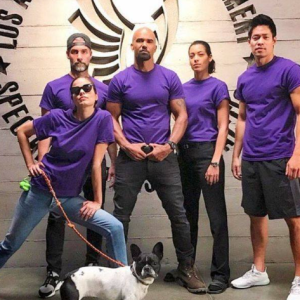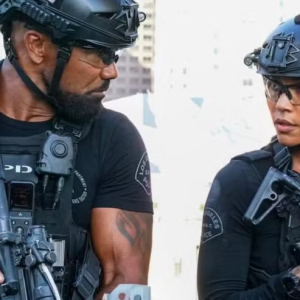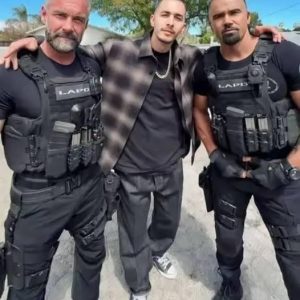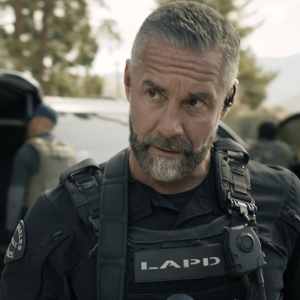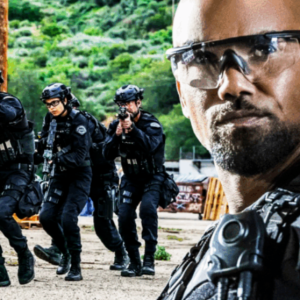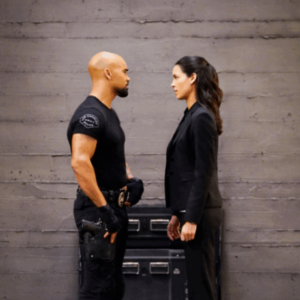The announcement of S.W.A.T. Exiles, a highly anticipated spinoff featuring Shemar Moore reprising his beloved role as Daniel “Hondo” Harrelson, initially sparked a cautious optimism among the dedicated fanbase. The prospect of Hondo’s continued adventures was undoubtedly appealing. However, the subsequent revelation that no other familiar faces from the original series were attached to the project cast a palpable shadow of concern. The silence that followed this news was, for many, the collective holding of breath, a deep-seated worry that Exiles, despite its titular connection, might fundamentally miss the essence of what made S.W.A.T. a resounding success.
At its core, S.W.A.T. was never conceived as a solo vehicle for its charismatic leader. While Hondo anchored the team with his integrity, leadership, and moral compass, the beating heart of the series resided in the intricate dynamics, unwavering loyalty, and compelling chemistry of the entire ensemble. It was the seamless interplay between characters like the steadfast David “Deacon” Kay, the evolving Jim Street, the dependable Victor Tan, and the jovial, veteran Dom Luca, that elevated the show beyond a standard police procedural. Each member contributed a unique skill set and a distinct personality that blended into a cohesive unit, demonstrating split-second tactical decisions born from years of trust and shared experience. Fans didn’t just watch Hondo; they watched the team, understanding instinctively how Deacon would navigate a moral dilemma, how Street would push boundaries, or when Luca would interject with a well-timed quip, all while feeling the palpable bond that tied them together. Without these familiar interactions, Exiles risks becoming just another cop show, devoid of the unique character-driven charm that defined its predecessor.
The original series concluded its run with Season 7, and for many viewers, the ending, while providing some narrative closure, felt undeniably rushed. Loose threads and unexplored character arcs left a sense of incompleteness. This abrupt conclusion, coupled with reports that prominent cast members like Jay Harrington (Deacon) and David Lim (Tan) were not even informed about the spinoff’s development, much less invited to participate, inflicted a significant blow to fan loyalty. It sent an unsettling message that the past—the very characters fans had invested years of emotional energy into—was deemed irrelevant. Such a perceived dismissal of the ensemble, particularly after a somewhat unsatisfying farewell, has understandably fueled a loud and persistent fan campaign demanding the return of original characters. Petitions, trending hashtags, and comment sections flooded with inquiries like “Where’s Deacon?” are clear indicators that ignoring this fervent demand would be a risky public relations move for the new production.
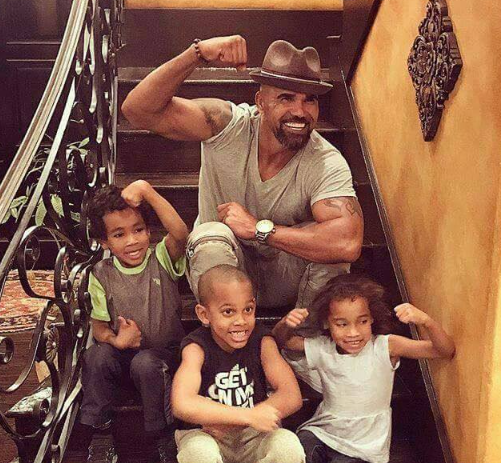
From a strategic standpoint, the inclusion of original cast members offers invaluable benefits for S.W.A.T. Exiles. Familiar faces translate to instant buy-in from an existing audience, generating crucial buzz and engagement. Marketing the spinoff with the promise of “featuring returning characters from the original series” provides immediate fuel for promotional campaigns across trailers, interviews, and social media. This leverages an established brand identity and capitalizes on existing fan investment. More profoundly, it allows for a genuine “passing of the torch” narrative. If new recruits are introduced, having the old guard present to mentor them, guide them, and even challenge them, lends authenticity and depth to their integration. This isn’t just about fleeting cameos; it requires meaningful roles and substantial arcs that earn the audience’s nostalgia rather than merely relying on it.
Consider the rich storytelling opportunities that would arise from the strategic reintroduction of key original characters. Deacon, as the team’s moral compass and arguably Hondo’s most trusted confidante, could provide invaluable mentorship to a struggling new recruit, perhaps one reminiscent of a younger, more rebellious Street. This dynamic could explore the evolving challenges of leadership and the weight of responsibility. The return of Victor Tan could bridge the old and new teams with his blend of calm precision and unwavering loyalty, offering a consistent presence for both Hondo and the audience. Luca, the heart and soul of the original unit, could inject humor, humanity, and a deep sense of history, perhaps called back for a specialized mission where his unique skills (like piloting or reconnaissance) are indispensable. Even Street, who began as a maverick rookie and evolved into a reliable operative, could return having advanced within the LAPD or another specialized unit, leading to compelling cross-team collaborations reminiscent of the interconnected universes seen in franchises like Chicago P.D. and Chicago Fire. Such encounters could provide tension, drama, and a rich tapestry of character development as old loyalties and new challenges intertwine. What if one of the OGs disagrees with Hondo’s methods for his new team, sparking internal conflict that drives the narrative forward? These layers of personal and professional conflict are the hallmarks of compelling television.
The absence of these anchoring figures carries significant risks. Without someone familiar to ground the audience, the show risks a loss of emotional investment. While new characters might be well-developed, immediate audience care is difficult to cultivate without established connections. This could lead to what is commonly termed “spinoff fatigue,” where audiences are weary of formats that simply introduce “new team, new problems.” To succeed as a continuation, Exiles needs a clear, strong thread connecting it to the beloved world of the original S.W.A.T. Without it, the spinoff risks being dismissed as a mere knockoff, failing to capture the unique identity that made the original series resonate so deeply.
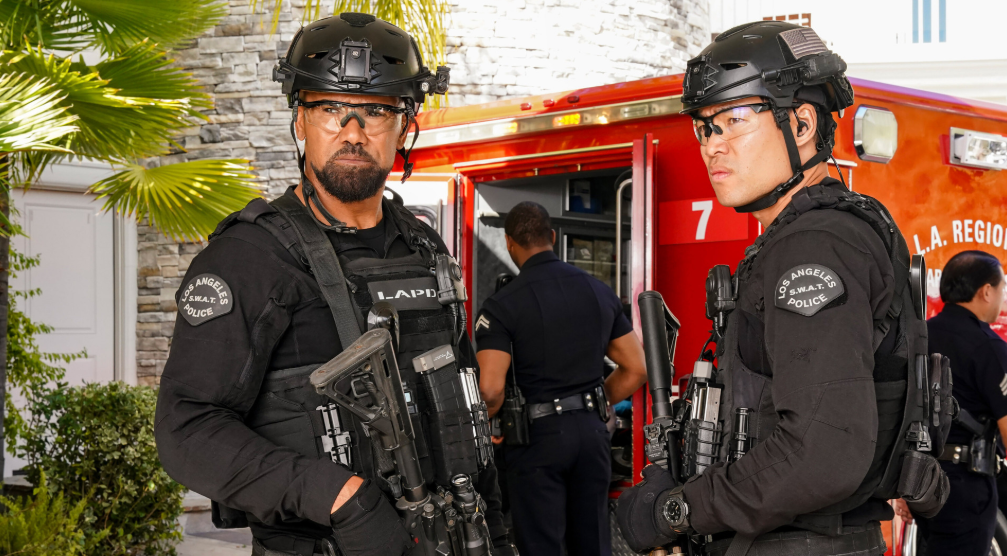
Other successful television franchises have deftly navigated the challenges of expanding their universes. NCIS: Los Angeles, for instance, successfully launched by bringing over established characters from the original NCIS, thereby providing immediate context and weight to the new venture. Similarly, Better Call Saul, while distinct in tone, thrived precisely because it embraced its roots, honoring its characters and expanding their stories in unexpected yet satisfying ways that resonated with fans of Breaking Bad. These examples underscore the principle that evolution, rather than abandonment, is key to sustained success in a beloved franchise.
Ultimately, Hondo Harrelson, despite his immense talent and undeniable appeal, was never meant to be a solo act. His strength, wisdom, and leadership were consistently amplified and challenged by the diverse and dynamic team that surrounded him. S.W.A.T. Exiles may introduce a fresh premise and new faces, but without incorporating at least a few key figures from its past, it risks losing the very soul that made S.W.A.T. such a cherished and impactful series. Fans are not seeking a pure reboot; they desire a natural evolution, one that respectfully carries its roots forward, honoring the characters and relationships that forged its enduring legacy. To truly thrive, Exiles must acknowledge that the collective strength of the S.W.A.T. team remains its greatest asset.
